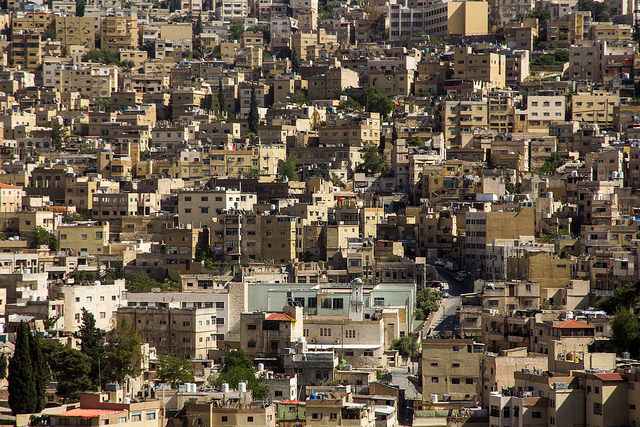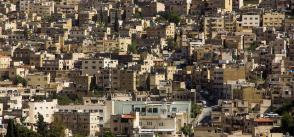
Water-Energy-Climate Nexus in Jordan
Jordan is the world ́s second most water-scarce country. Energy consumption accounts for around 73 percent of Jordan’s national emissions and 15 % of these are attributed to the water sector.
Water pumping is responsible for the majority of this consumption and is estimated to increase twofold by 2030. Jordan is therefore facing a long-term need to reduce its water and energy consumption.
Water managers are challenged to meet the increased demand for water and wastewater services of a growing population, coupled with reduced water availability and the rising pressure to reduce costs, energy consumption and greenhouse gas (GHG) emissions. Water management and efficiency strategies that optimize the use of water resources, and substantially reduce GHG emissions, are a key requirement to ensure Jordan’s water security in future years.
WaCCliM in Jordan
WaCCliM is supporting the work of Miyahuna-Madaba, a pilot utility in Jordan that is implementing energy and greenhouse gas emissions reduction measures in cooperation with the Jordan Water Authority (WAJ) and the Ministry of Water and Irrigation.
Read the full article via Nexus Platform.
[Photo by cat_collector | Flickr]







